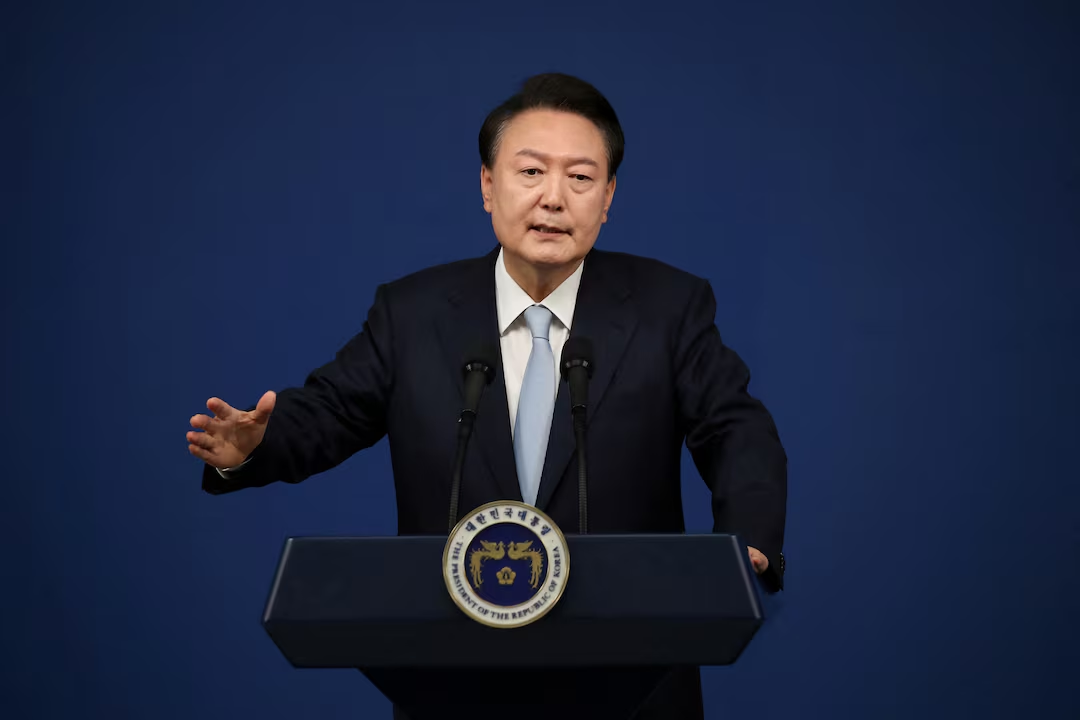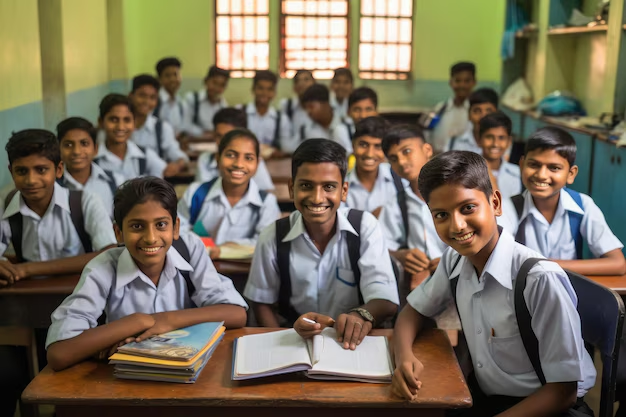
Global Geopolitical Tensions: Challenges and Implications
Geopolitical tensions have intensified in recent months, with conflicts and strategic rivalries shaping international relations. Regions like the Middle East, Eastern Europe, and the Asia-Pacific remain focal points of concern, drawing global attention and responses from major powers.
Middle East Conflicts
The Middle East continues to be a volatile region. Ongoing hostilities between Israel and Palestine have resulted in significant humanitarian crises, with casualties on both sides and mass displacement of civilians. The international community has urged for immediate ceasefires, but achieving lasting peace remains elusive. Meanwhile, proxy conflicts in nations like Yemen and Syria further complicate regional stability. Global powers, including the United States and Russia, remain involved, either directly or through alliances.
Eastern Europe and the Ukraine War
The war in Ukraine persists as a significant point of tension between Russia and Western nations. Recent offensives have escalated violence, while sanctions against Russia continue to affect global energy markets. NATO’s support for Ukraine has strengthened, with increased military aid, further straining relations with Moscow. The conflict’s ripple effects are evident in disrupted grain supplies, affecting global food security.
Asia-Pacific Power Struggles
In the Asia-Pacific, growing competition between China and the United States over trade, technology, and territorial disputes, particularly in the South China Sea and Taiwan Strait, dominates headlines. China’s military drills and the U.S.’s alliances with regional partners like Japan, Australia, and India highlight the area as a geopolitical flashpoint.
Global Implications
These tensions have far-reaching consequences, including economic instability, migration crises, and challenges to international governance. As the world navigates these crises, diplomacy and multilateral cooperation are crucial to prevent further escalation.
While immediate resolutions seem distant, sustained dialogue and conflict de-escalation remain vital to safeguarding global stability.








